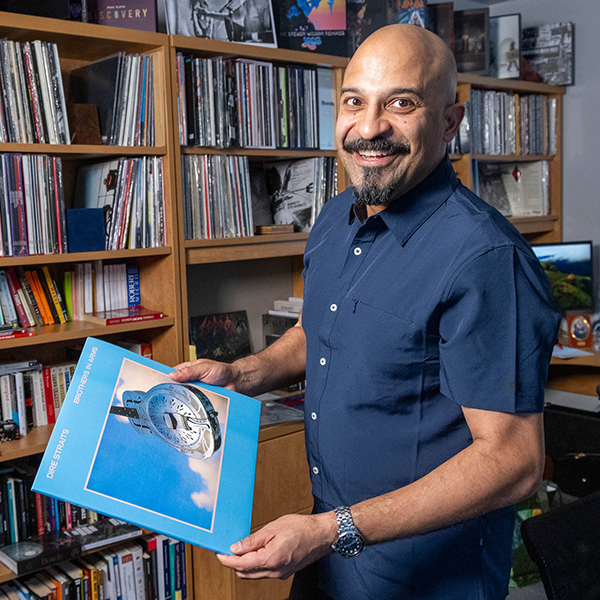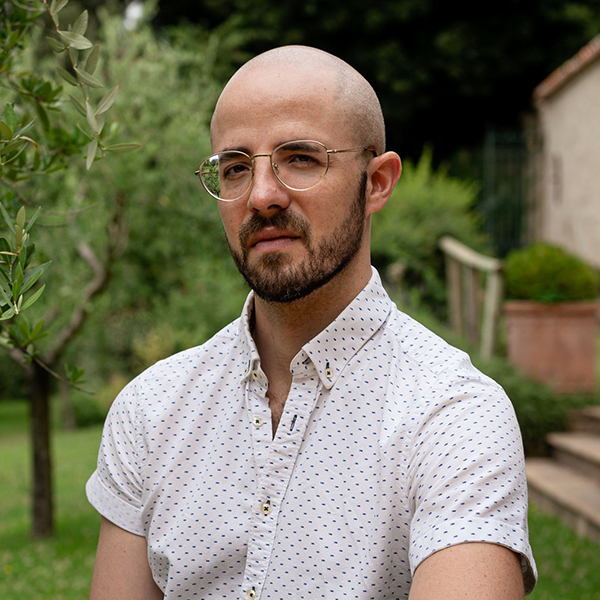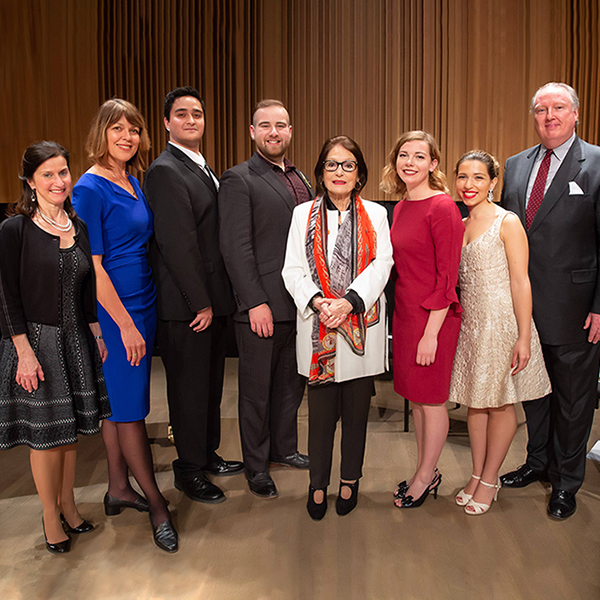Much of composer Thierry Tidrow’s piece “Quicksilver” evokes images of the most suspenseful scenes of psychological thriller films. Rich with dissonance and uneasiness, “Quicksilver” is a reminder that music doesn’t need to make its listeners comfortable to be prize-worthy.
Tidrow, BMus’09, paid a return visit to his alma mater last September that proved to be quite profitable. He was the grand prize winner of the Schulich School of Music’s inaugural Graham Sommer Competition for Young Composers. After being chosen as one of five finalists – out of a competitive field of 84 applicants – Tidrow was commissioned to write a piece for piano quintet to be performed by pianist (and associate professor of performance) Sarah Laiman and the Molinari Quartet. “Quicksilver” was forged under the pressure of the competition, over the span of about five-and-a-half months.
In composing “Quicksilver,” Tidrow imagined the performing ensemble for the competition “as an ecosystem, where strings stick together as a school of fish and where the piano and string quartet have a tense rapport of dominance.”
Graham Sommer, MDCM’72, the competition’s namesake, was a professor of radiology at Stanford with a passion for music. He took steps to share that passion with the McGill community before he died in 2016. The Dr. Graham Sommer Piano Fund supported the restoration of pianos in McGill residences and the purchase of a new piano for Douglas Hall. The Sommer Competition promotes the work of Canadian composers under the age of 35.
Tidrow, who currently calls Cologne in Germany home, says the $15,000 prize money provides a real boost. “People tend to forget how used to being under the breadline we are as composers.”


